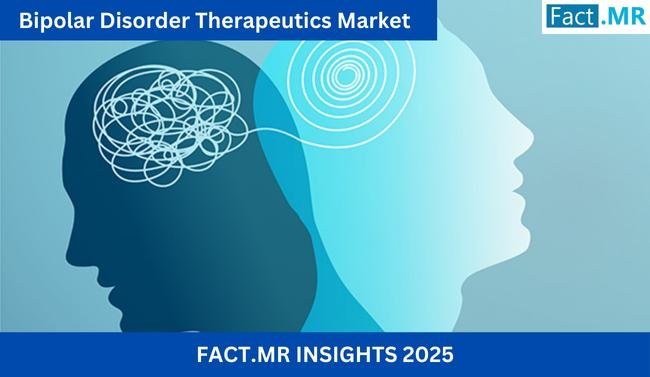Bipolar disorder, previously called manic depression, is a complex mental health condition defined by extreme fluctuations in mood. These mood shifts can significantly affect a person’s daily life, relationships, and work stability. Symptoms include manic or hypomanic episodes characterized by elevated mood, increased energy, or irritability, and depressive episodes marked by sadness, hopelessness, and a lack of interest in activities.
Search trends indicate a rising interest in bipolar disorder, particularly during Mental Health Awareness Months and following disclosures from public figures. This shift suggests a growing public demand for understanding mental health conditions, including bipolar disorder, which is often misdiagnosed due to symptom overlap with other mental health issues like depression or attention deficit hyperactivity disorder (ADHD). Accurate and early diagnosis is essential for effective management, typically involving a combination of medication and psychotherapy.
Despite increasing awareness, stigma remains a significant barrier for many individuals with bipolar disorder. Misconceptions often paint those affected as unpredictable or dangerous, leading to silence and isolation. Education is key to altering these perceptions, framing bipolar disorder as a manageable medical condition similar to diabetes or hypertension.
Advancements in technology have created new treatment avenues. Digital tools, such as mood tracking apps and online therapy platforms, empower individuals to monitor their symptoms and treatment plans actively. These resources facilitate personalized care, helping users identify mood patterns and triggers, which can lead to better management of their condition.
Support from family and friends is vital for those living with bipolar disorder. However, it is equally important that these support networks receive proper education about the disorder to provide effective assistance. Community resources and support groups offer safe spaces for individuals to share experiences and foster understanding.
The portrayal of bipolar disorder in media, including films and autobiographies, indicates a cultural shift towards open dialogue about mental health. When public figures openly discuss their struggles, it encourages others to seek help and reduces stigma.
With proper management and support, individuals with bipolar disorder can lead fulfilling lives. The ongoing rise in awareness and accessibility of information creates opportunities for meaningful conversations about mental health. As public interest continues to grow, it is crucial to disseminate accurate information to reshape perceptions and inspire hope for those affected by bipolar disorder.



